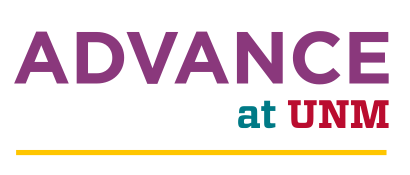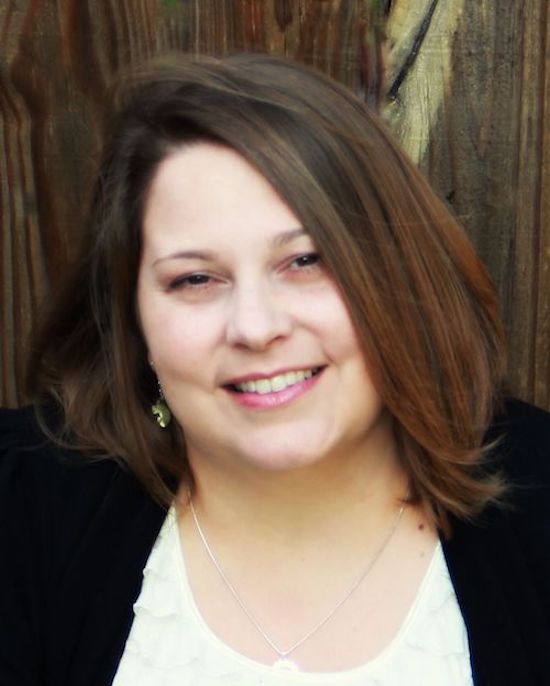STEM Shoutout: Dr. Jessica D. Richardson
Associate professor of speech and hearing sciences named distinguished scholar for aphasia research
Dr. Jessica D. Richardson, a University of New Mexico associate professor of speech and hearing sciences, was named one of four recipients of the Tavistock Trust for Aphasia Distinguished Scholar Award for her work studying the disorder.
“The mission of the Tavistock Trust for Aphasia and the purpose of this award is to highlight scholars and organizations who are changing the lives of people living with aphasia, and their families, for the better,” Richardson said. “Being recognized for having an impact in that way, I just can’t really think of a higher honor. It’s the whole reason I got into this line of research.”
The Tavistock Trust for Aphasia was created after the Duke of Bedford Robin Tavistock suffered a stroke at age 48 that led to aphasia. After surviving the brain hemorrhage, he and his family began the trust to improve the lives of those with aphasia.
Aphasia is an acquired language disorder that happens after different types of brain injuries, but most commonly after a stroke. It affects someone’s ability to understand others, their ability to express their thoughts through speech, and the ability to read and write.
“Really, one of the most important life functions — communication — is profoundly impacted by aphasia,” Richardson said. “As you can imagine, if you have aphasia, it’s going to interfere with your ability to participate in the majority of your everyday activities.”
Richardson’s research work, outreach and teaching all focus on identifying, treating and finding ways to help people regain lost communication abilities. While diagnosis and treatment are common in more obvious cases of aphasia, Richardson said that oftentimes aphasia can still go undiagnosed or is not accurately diagnosed.
“When that happens, people have fewer — or in some cases no — options in terms of treatment and rehabilitation,” Richardson said.
She said that she uses narrative assessments — looking at an individual’s connected speech and their ability to tell stories — to help identify people with aphasia who might otherwise go unidentified. Diagnosis is the only first step, and a correct diagnosis can help create better rehabilitation targets based around an individual’s narrative ability.
Richardson also looks at different treatment approaches, like group treatment — both in-person and virtual. She said that the pandemic has allowed them to explore the effectiveness of virtual group treatment through Zoom and currently has three groups meeting regularly.
Another treatment method studied by Richardson uses brain stimulation, called transcranial direct current stimulation, in combination with language tasks to determine if it enhances aphasia treatment effectiveness. Richardson is also involved in several collaborative projects using brain stimulation to improve cognitive functioning in individuals who have suffered a traumatic brain injury.
What also separates her from other researchers focusing on aphasia is Richardson’s work with informal care partners — family and friends caring for individuals with aphasia. Currently, her work in this area focuses on assessment of the care partners, but there are plans to help them through this experience through support groups and other methods.
“As you can probably imagine, the effects of aphasia are going to ripple outward and really impact the close circle of people around that person with aphasia,” Richardson said. “We have found that care partners also have a difficult time and their lives dramatically change after their loved one has a stroke and develops aphasia. Unfortunately, it’s usually not for the better. They often have poor physical health outcomes, may become worse off financially, and are more stressed.”
Richardson said that through her research, she is trying to better characterize language and speech deficits in people that have different types of brain injuries, such as stroke and traumatic brain injury, and in people that have degenerative brain disorders. Regarding the latter, by being able to better identify these language problems, it can lead to an early and accurate diagnosis for a form of dementia called primary progressive aphasia, which targets the language system first.
“I’m floored to have the words ‘distinguished scholar for aphasia’ associated with my name,” Richardson said. “Being grouped with the other three scholars who also won this award, it’s just great company. We are all doing impactful research designed to improve life participation for people with aphasia.”

